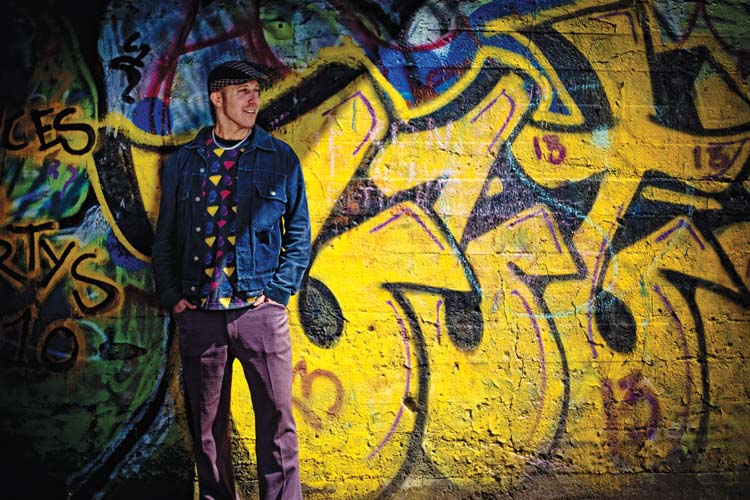 In public, people wear faces they “keep a in jar by the door.”
In public, people wear faces they “keep a in jar by the door.”
The interesting story lies in what’s concealed behind that mask. Ten years ago, Davy Rothbart hit upon a simple way to peer behind that social facade.
In his Found books and annual magazine of the same name, a collage of lost notes, snapshots, and other misplaced scraps — the daily litter of humanity — offers an intimate view of private lives, one that’s funny, profane, tragic, affectionate, and hopeful.
The random snippets fuel stories and spark the imagination, Rothbart says, adding, “It’s up to you to piece together the rest of it and fill in the blanks.”
Ann Arbor native Rothbart has done just that. His fascination with unedited emotion revealed in the ephemera contributed by Found fans, who regularly add to the supply, has helped Rothbart build a creative cottage industry of stories, one that has led to several books, documentaries, and an occasional U.S. performance tour with his musician brother, Peter.
“My favorite art gives me a glimpse into other people’s lives (like the documentary film Dark Days, set in New York subway tunnels),” Rothbart says. “A film like that can take you to a place and get you inside the minds of others. It gives insight into what it means to be human.”
He cites author Charles Baxter, under whom he studied while majoring in English at University of Michigan, as being especially adept at such human exploration.
Now 36 and living with five roommates in Ann Arbor’s Kerrytown district, Rothbart is completing work on a documentary about a Medora, Ind., high-school basketball team. He found the seed of that project in a New York Times article. The film focuses on a perennially losing team that’s trying to win one game with the help of three coaches: “A cop, a priest, and a stonecutter.”
He also has just finished writing a collection of personal essays, some of which have been featured on National Public Radio’s This American Life, to which he contributes. The book, which is not yet titled, is set for a spring release.
Rothbart says found art is different from purposely created paintings, novels, and other art because its “accidental nature is much more real.”
In a packaged, branded, and curated world, raw material is riveting, startling even — and creatively inspiring. It’s also available to all who care to look down and around.

If you enjoy the monthly content in Hour Detroit, “Like” us on Facebook and/or follow us on Twitter for more frequent updates.
|
|
|











